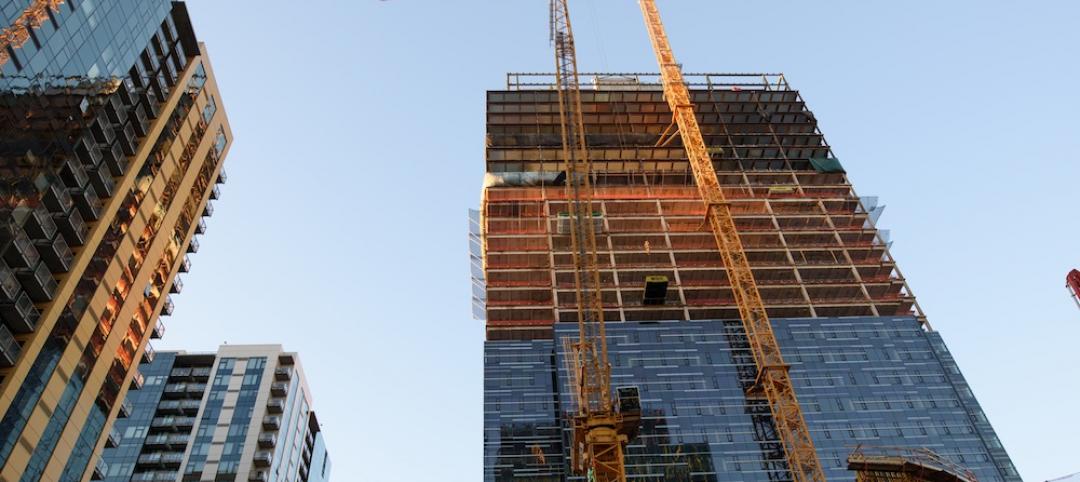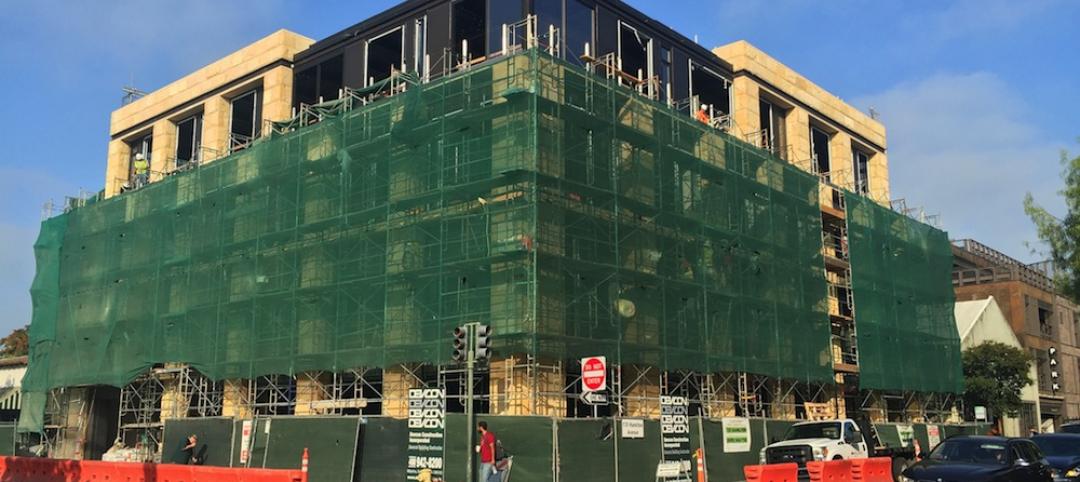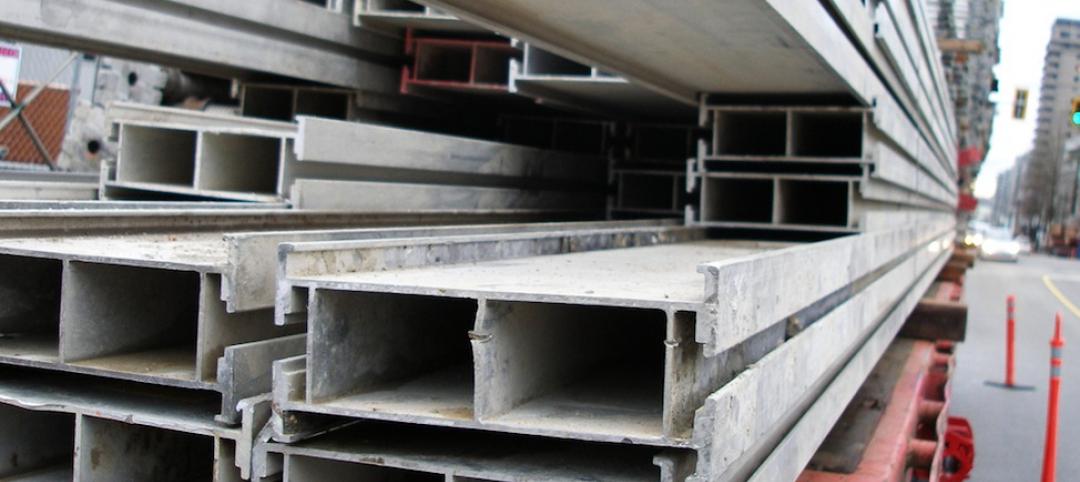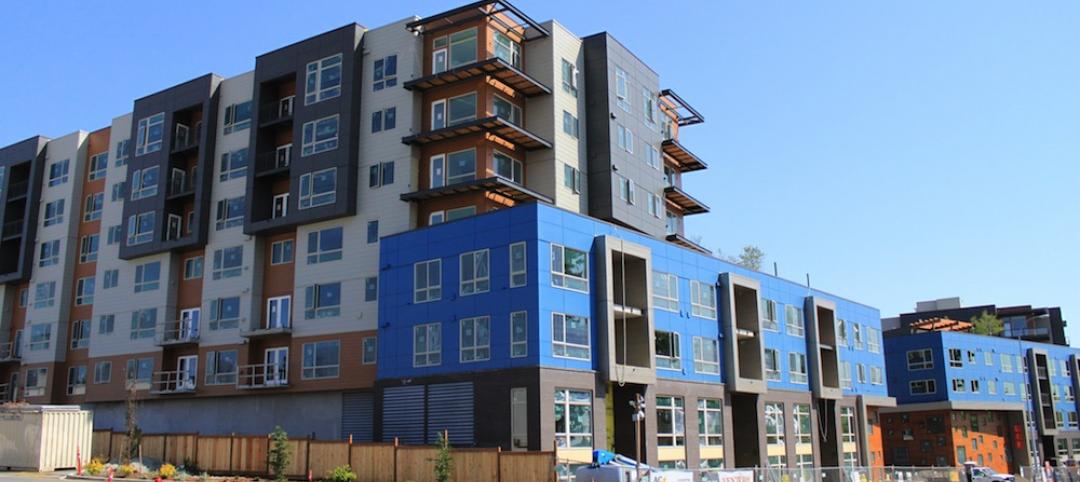Construction employment in March remained below March 2020 levels in 35 states despite a sizzling homebuilding market and a strong recovery from severe winter weather, according to an analysis by the Associated General Contractors of America of government employment data released today. Association officials cautioned, however, that a host of challenges, including continued project cancellations, rising materials prices, and supply chain uncertainties are making business conditions for contractors difficult.
“Nonresidential contractors are coping with a depleted list of projects, extreme cost increases, and unprecedented supply-chain problems,” said Ken Simonson, the association’s chief economist. “These headwinds are likely to keep industry employment in many states below pre-pandemic levels for months.”
Seasonally adjusted construction employment in March exceeded the March 2020 level in only 14 states and the District of Columbia. Utah added the most jobs (6,400 jobs or 5.6%), trailed by Idaho (3,900 jobs, 7.0%) and Washington (2,200 jobs, 1.0%). Idaho added the highest percentage, followed by Utah and South Dakota (3.8%, 900 jobs).
Employment declined year-over-year in 35 states and stagnated in Mississippi. Texas lost the most construction jobs over the period (-35,400 jobs or -4.5%), followed by New York (-29,300 jobs, -7.2%), Louisiana (-16,500 jobs, -12.4%), and New Jersey (-14,500 jobs, -8.9%). Wyoming recorded the largest percentage loss (-12.7%, -2,900 jobs), followed by Louisiana, New Jersey, and Nevada (-8.1%, -8,000 jobs).
For the month, construction employment rebounded in 39 states—some of which had been battered by unusually severe winter weather in February—while 10 states lost jobs, and there was no change in D.C. and New Hampshire. Texas added the most construction jobs (19,100 jobs, 2.6%) as work resumed following a damaging freeze in February. Other states with large monthly gains include New York (10,000 jobs, 2.7%), Minnesota (7,900 jobs, 6.8%), and Iowa (7,500 jobs, 10.3%). Iowa had the largest percentage gain, followed by Kansas (10.0%, 6,000 jobs) and Minnesota. Nevada lost the largest number and percentage of construction jobs for the month (-1,300 jobs, -1.4%).
Association officials said Washington leaders could help address many of the challenges facing commercial contractors. They noted, for example that proposed new investments in infrastructure will help offset continued private sector project cancellations. And they renewed their calls for the Biden administration to remove tariffs on key construction materials, including steel and lumber, and explore actions to unjam ports and other shipping facilities.
“Nicer weather and expanding confidence that the pandemic will soon end are helping improve market conditions,” said Stephen E. Sandherr, the association’s chief executive officer. “But the best way for policy makers to support continued job growth in the construction industry is to invest in infrastructure, remove government-imposed additions to materials prices, and help get the country’s supply chain back in order.”
View state March 2020-March 2021 data, 12-month rankings, 1-month rankings and map.
Related Stories
Market Data | Feb 4, 2016
Mortenson: Nonresidential construction costs expected to increase in six major metros
The Construction Cost Index, from Mortenson Construction, indicated rises between 3 and 4% on average.
Contractors | Feb 1, 2016
ABC: Tepid GDP growth a sign construction spending may sputter
Though the economy did not have a strong ending to 2015, the data does not suggest that nonresidential construction spending is set to decline.
Data Centers | Jan 28, 2016
Top 10 markets for data center construction
JLL’s latest outlook foresees a maturation in certain metros.
Market Data | Jan 20, 2016
Nonresidential building starts sag in 2015
CDM Research finds only a few positive signs among the leading sectors.
Market Data | Jan 20, 2016
Architecture Billings Index ends year on positive note
While volatility persists, architecture firms reported healthy performance for 2015.
Market Data | Jan 15, 2016
ABC: Construction material prices continue free fall in December
In December, construction material prices fell for the sixth consecutive month. Prices have declined 7.2% since peaking in August 2014.
Market Data | Jan 13, 2016
Morgan Stanley bucks gloom and doom, thinks U.S. economy has legs through 2020
Strong job growth and dwindling consumer debt give rise to hope.
Hotel Facilities | Jan 13, 2016
Hotel construction should remain strong through 2017
More than 100,000 rooms could be delivered this year alone.
Market Data | Jan 6, 2016
Census Bureau revises 10 years’ worth of construction spending figures
The largest revisions came in the last two years and were largely upward.
Market Data | Jan 5, 2016
Majority of AEC firms saw growth in 2015, remain optimistic for 2016: BD+C survey
By all indications, 2015 was another solid year for U.S. architecture, engineering, and construction firms.















